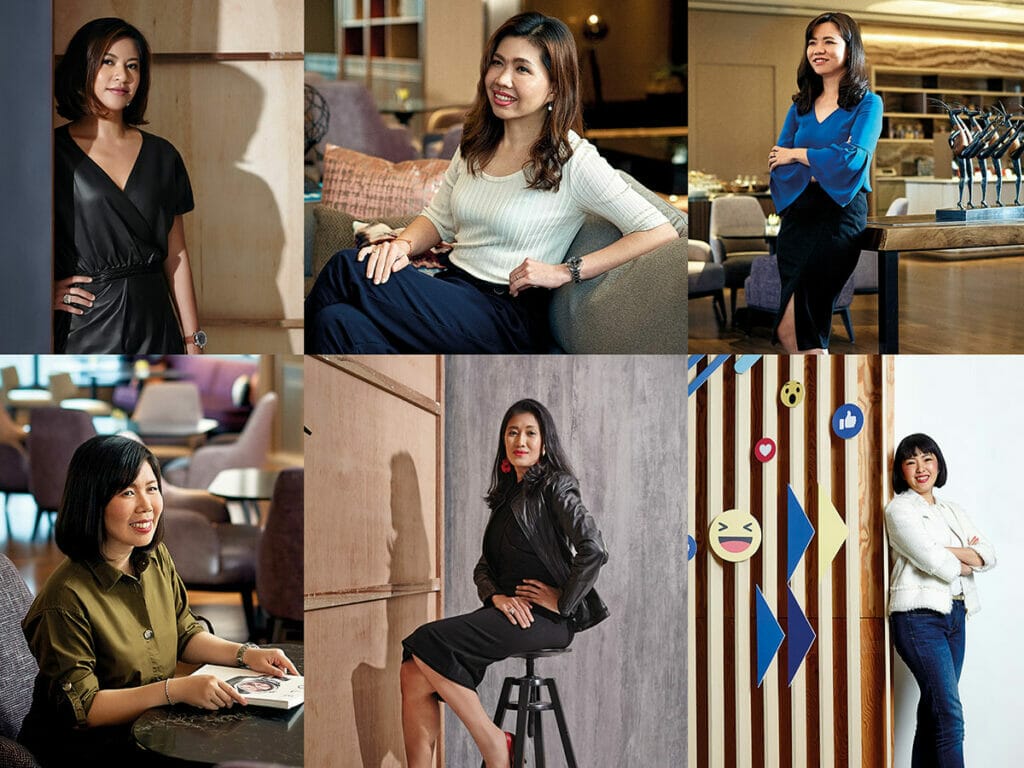Malaysia has been heralded by the United Nations for encouraging women to participate in the workforce with the fields of Science, Technology, Engineering and Maths (STEM) seeing an encouraging show of intelligent, successful Malaysian women. The Peak sits down with some of our STEM stars to talk to them about their achievements, challenges and what more needs to be done to further champion women in Science.
Dr Lam Sze Mun
Professor, Department of Environmental Engineering, Universiti Tunku Abdul Rahman
How would you describe your role as a scientist in your chosen field to someone?
Science can improve the quality of life at many different levels – everything from the routine workings of one’s life to bigger things like various global issues. Science also enlightens public policy and personal discussions on everything from energy, conservation, agriculture, health, transportation, communication, defence… you name it, and there’s definitely some sort of science involved! Indeed, the modern world wouldn’t be the way it is without science, and I am proud to be a practitioner of science whose role is to teach others on how to use science to solve problems, thus striving to make the world a better place.
Could you share some exciting recent development from your field of study?
The ever increasing energy crisis and environmental issues has triggered modern society to search for more suitable new energy resources, as well as pollution degrading technologies. In this regard, photocatalytic fuel cell (PFC) using solar energy offers a clean and low impact process for environmental remediation, as well as power production. Over the past several years, my research team and I have successfully explored numerous nanocomposites (multiphase solid material where one of the phases has one, two or three dimensions) that work against wastewater pollution. Using the composite as photo electrodes, the PFC acts as a cleaner and recycles grey water – something that is very attractive from an environmentally sustainable perspective. Owing to the salient features of this technology, I selected this opic for my latest research work.
Tell us a bit about your past, and how you decided to pursue science?
Truth be told, I have no idea why I chose this career in science! My family members always remind me that as a child, I was always full of curiosity, always wanting to find out ‘why’? I suppose there were many times when I became upset because to me, I was so much more different than other children my age who didn’t seem have a care in the world! Once I started school, I began learning more about the science of things and in high school; I finally managed to get some time in a laboratory and thoroughly enjoyed my hands-on time there. I discovered that I had a knack for conducting experiments and got a real kick from understanding how things worked and reacted in different ways. I owe it to the subjects of science, especially the study in physical chemistry, in influencing my choice in taking on postgraduate studies.
And you’ve also an award-winning scientist now?
Yes, my research has been graciously recognised as I was a recipient of the L’Oreal-UNESCO for Women in Science Fellowship in 2018, an award that honours women scientists from around the world. I believe the award is very important as it encourages women to invest in scientific skills and pursue a pathway in science and technology. I have also been appointed as a post-doctoral researcher at the Guiling University of Technology in China until 2021. I have also recently received the Asian Women Entrepreneurs Leadership Award 2019 from the Malaysian Chinese Women Entrepreneurs Association (MCWEA).
What has been your passion in the world of science so far?
I love communicating my scientific work – everything from discoveries, applications and impact studies – in journal publications. On the other hand, I also convey my research discoveries either as sessions in secondary schools or at universities to promote the awareness for such findings to the public. Through my faculty’s participations in these programs, I feel that we can encourage and educate the next generation of women scientists. it also serves to link the information gap between scientists like myself, and the general public. Among this crowd, there may also be one or two policy makers as well among them!
Could you perhaps run us through some of your more recent work?
It involves the development of a novel light-driven PFC that optimises the treatment of grey water and also generating electricity at the same time. The novel PFC system is also robust enough to address energy and environmental-related problems, which are intricate challenges confronted by society today. Moreover, the project will spearhead Malaysia’s move towards using green technology to achieve sustainable development. Its success would also reduce our nation’s energy confinement to fossil fuels. Furthermore, this project is aligned to the National Key Economic Areas under the Oil, Gas and Energy (OGE) category. This project is also aligned with the MEGA Science 2.0 agenda. It’s set to help transform the business of Science, Technology and Innovation (STI) for Malaysia in ensuring long term sustainability in the field of energy and environment.
Do you see 2020, and this new decade as a time where more women will shake the world of corporations and technology?
My experience as a woman in science has been wonderful, especially in these past few years. I feel that the more my career develops, the bigger a role model I become for students in Malaysia. Now, my research group attracts a 62% participation among female researchers. As a young woman academician, I have a responsibility to ensure gender equality. But I also want to enhance the employability and career progression of our female graduates. In class or meetings, I always tell my students to continuously strive for excellent achievement. Excellent work will always open even more substantial opportunities for women in science and technology.



